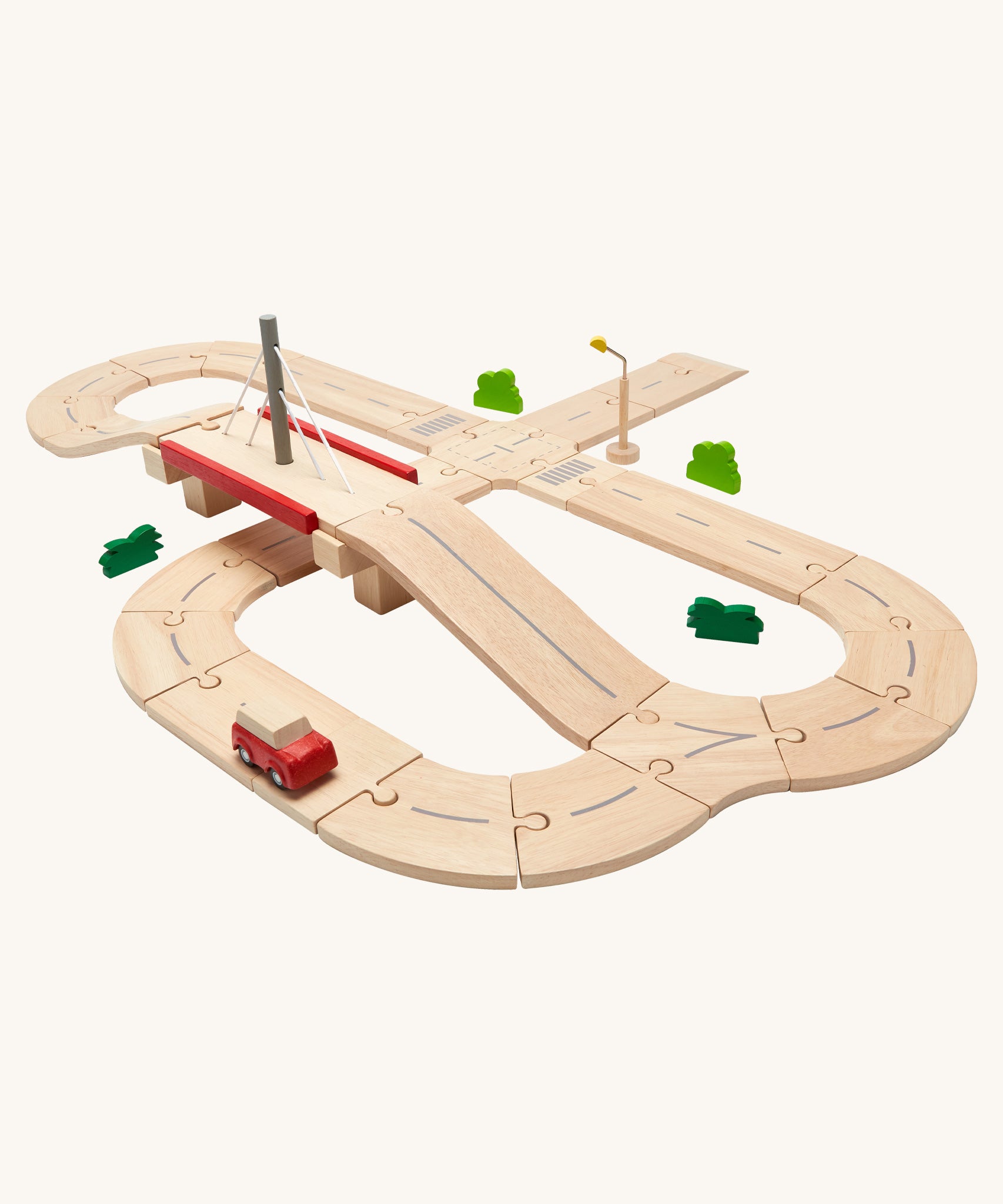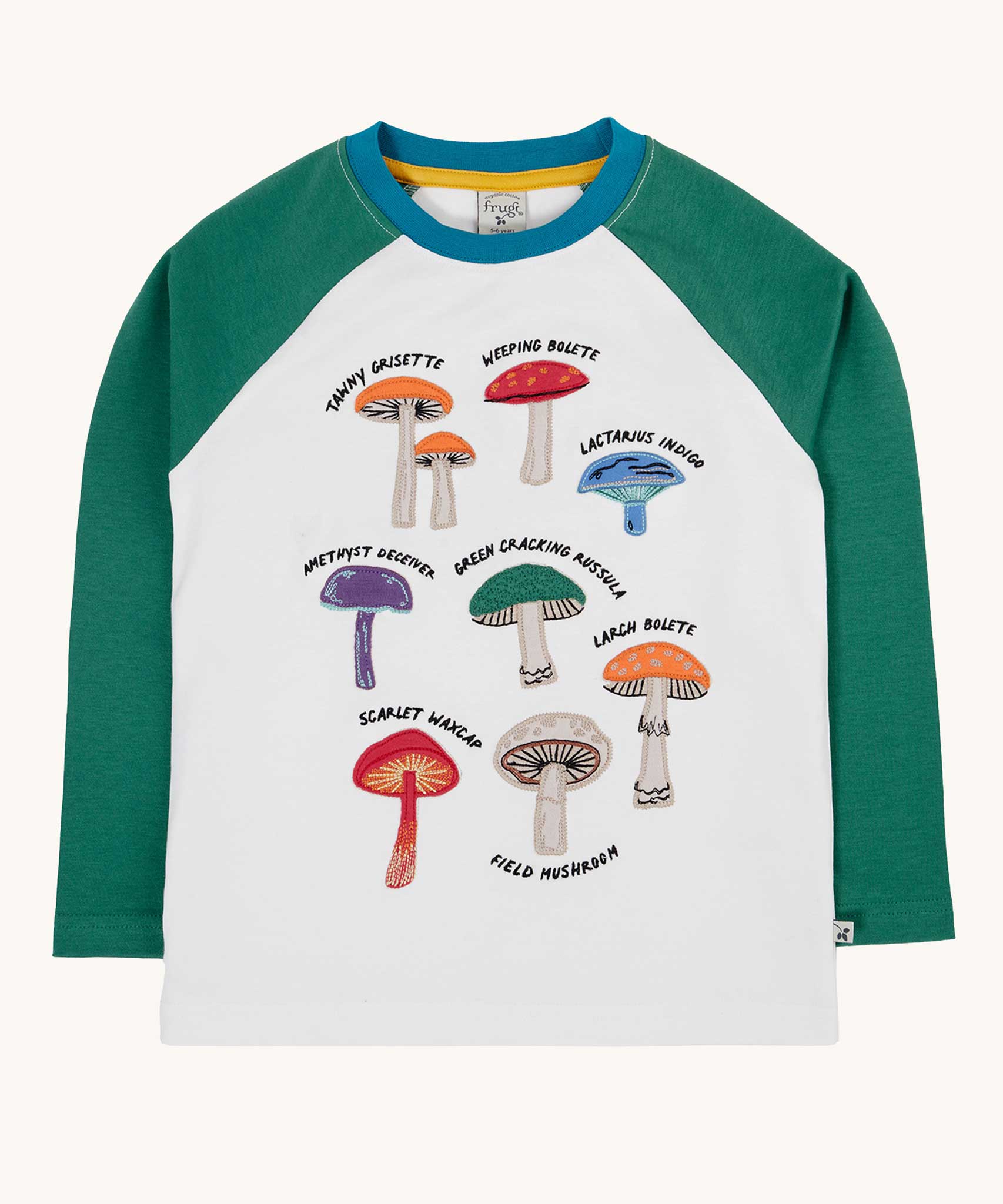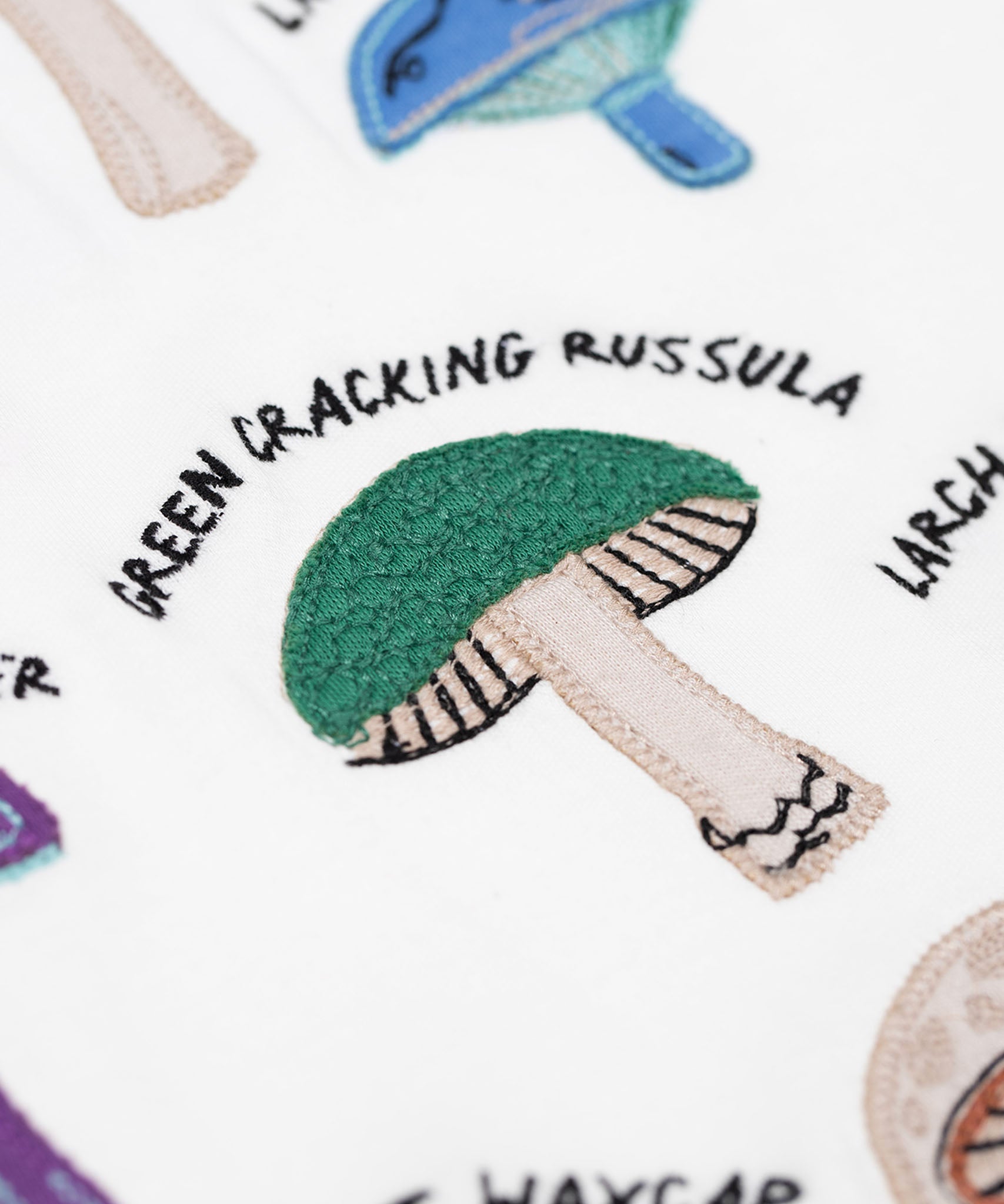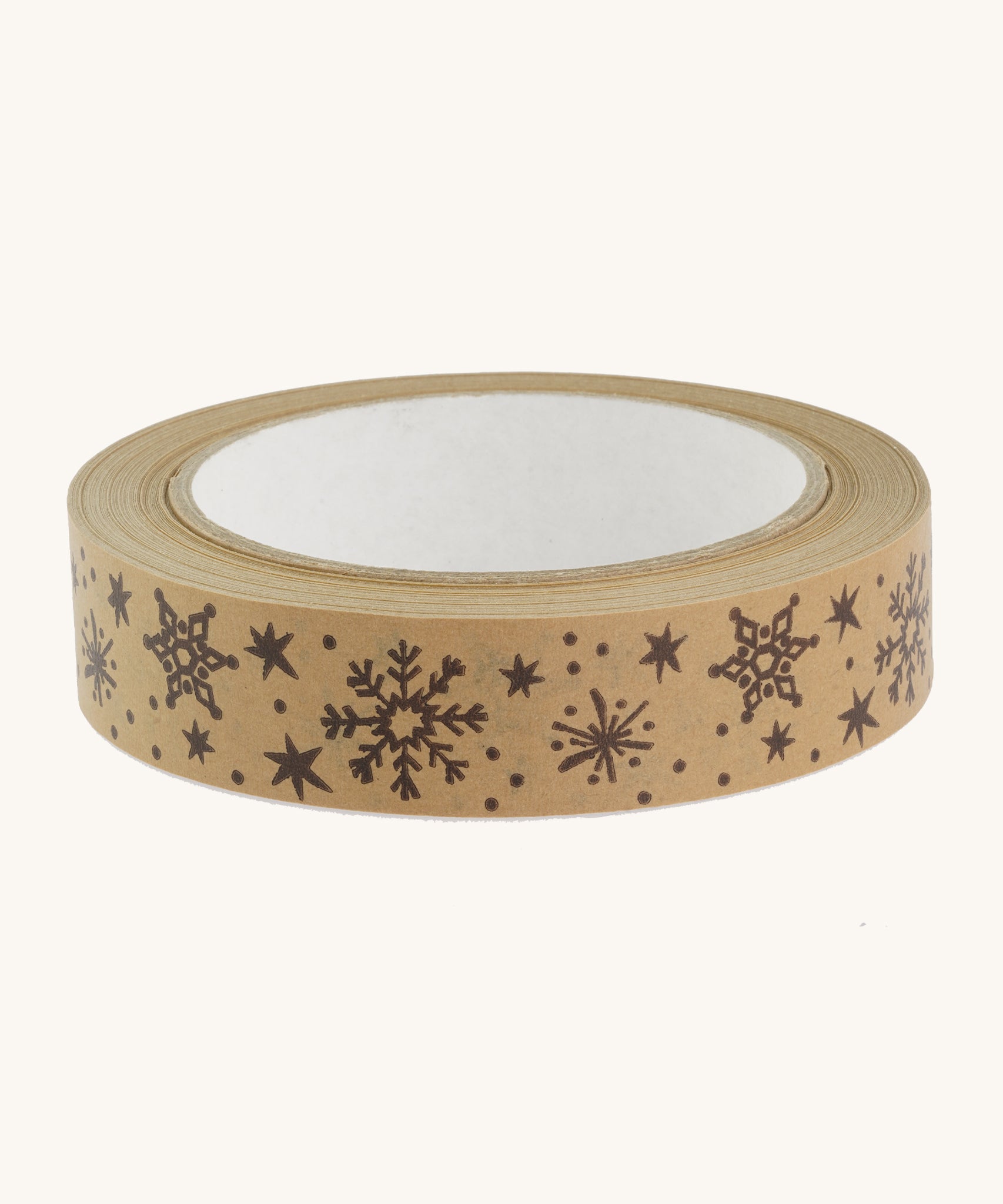The Winter Solstice At Stonehenge

As we approach the longest night of the year we turn the clock back to 4000 years ago, to the Neolithic people of ancient Britain. Held on the 21st or 22nd of December, this is the start of astronomical winter in the Northern Hemisphere. The winter solstice was a sacred event, with ancient monuments including Stonehenge orientated towards the winter solstice sunset.
Over the millennia the tilt of the Earth has altered very slightly on it's axis. In addition, over half of stones of Stonehenge are missing. This means we've never actually seen the true spectacle of the winter solstice at this historic site.

As the sun goes down on the shortest day, the outer stones act as an entrance. A path of light leads to the inner circle. The setting sun is framed by the narrow gap between the two largest uprights as though a portal to the heavens. This must have been an extraordinary sight, and a very important moment in their year. A visual representation of the turning point in the seasons.
For the people of Stonehenge, the winter was a time of darkness, cold and fear. They would have been farmers reliant on crops and herds of animals. Celebrating the change in season, with the slow return of light and warmth must have been incredibly important to them.
A Pagan Yule

Fire and light are traditional ways to celebrate midwinter, with feasts and special holidays held during this period. Winter solstice and Yule celebrations date back millennia and many of our modern traditions have their roots in Celtic and Druid customs. Yule starts on the eve of the winter solstice, known as Mother's Night.

The official beginning to Yule celebrations Mother’s Night, or Mōdraniht in Old English, is a day offering thanks to our female ancestors and to tell their stories. It’s believed they watch over our families and help us in times of need.
Decorating our homes with evergreen plants like holly, berry and mistletoe, yule logs and wreaths are still popular today and represent the cyclical nature of our calendar. It’s the perfect time for letting go, sweeping away the years mistakes and problems and starting anew. Write down the things you would like to release and burn them on a fire. After this write your new intentions for the year ahead starting a fresh year.

The Yule log is an important part of marking the winter solstice. Traditionally burned in the hearth for twelve days to encourage the sun to return and bring back warmer, longer days. A small piece of charred wood is kept back to start the fire the following Yule. If you don't have a fire, you could make a centrepiece from your Yule log with candles and evergreens as part of your midwinter celebrations. Alternatively, baking a chocolate Yule log cake is always a popular option!
Share With Us!
Will you be marking the winter solstice in your household? We would love to see how you celebrate! Do tag us in your winter solstice celebrations on social media, or send us a message, we'd love to hear from you.







Leave a comment